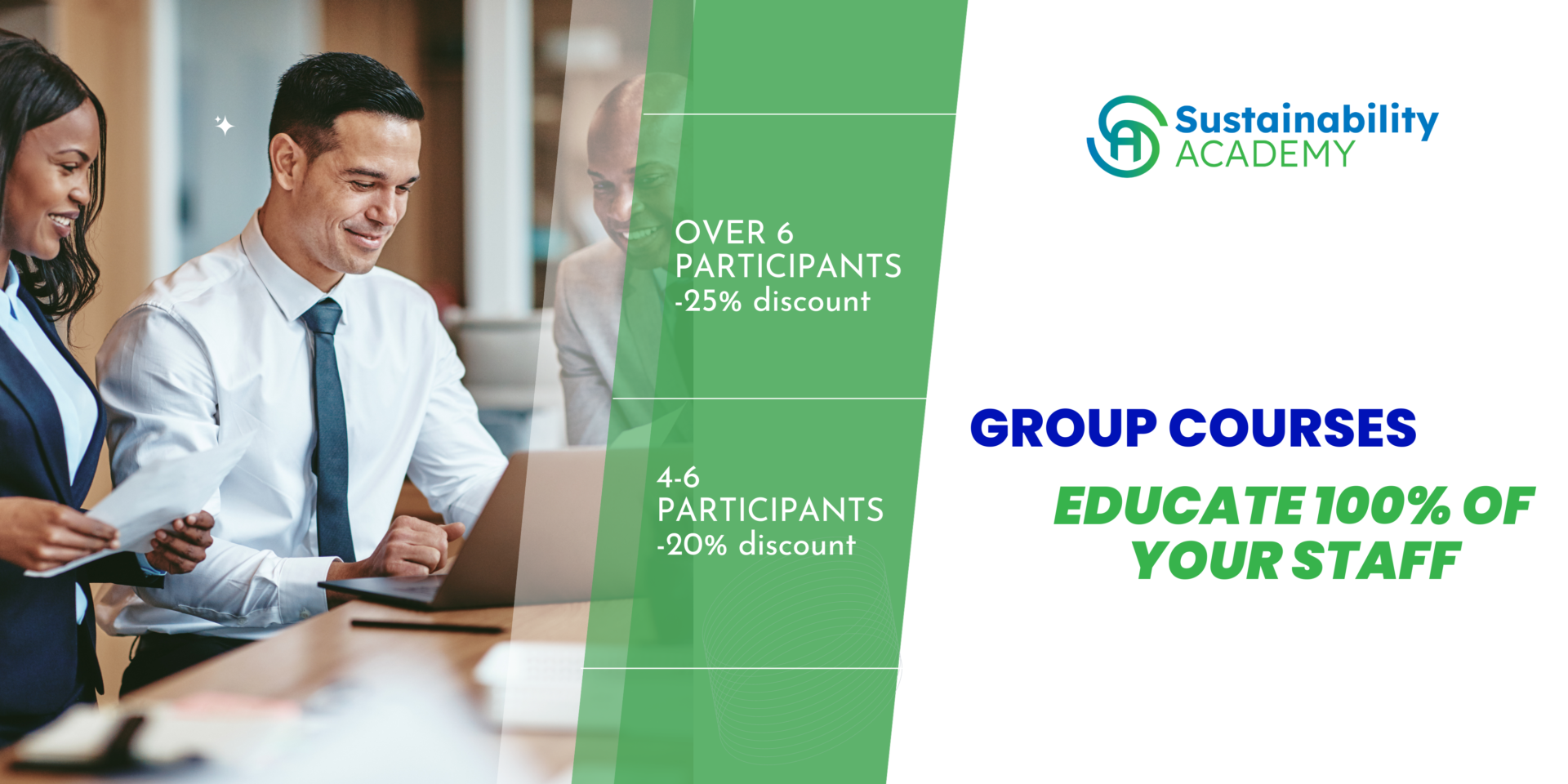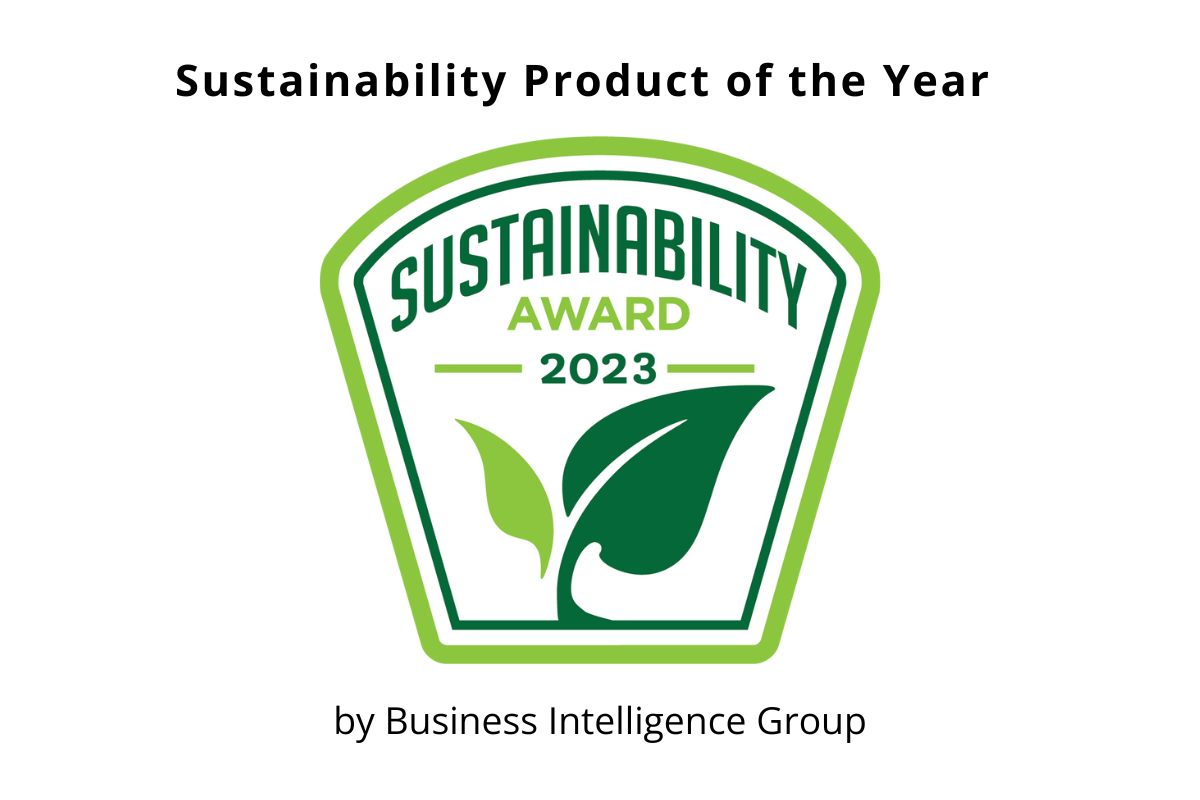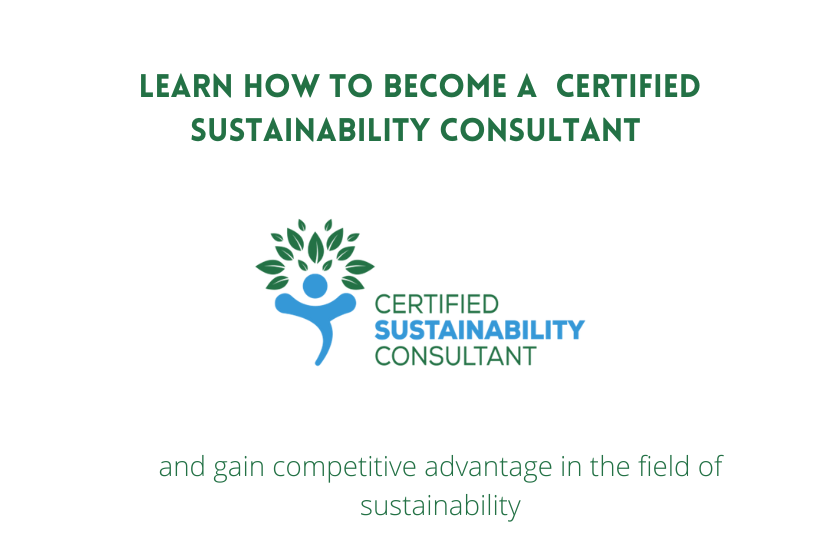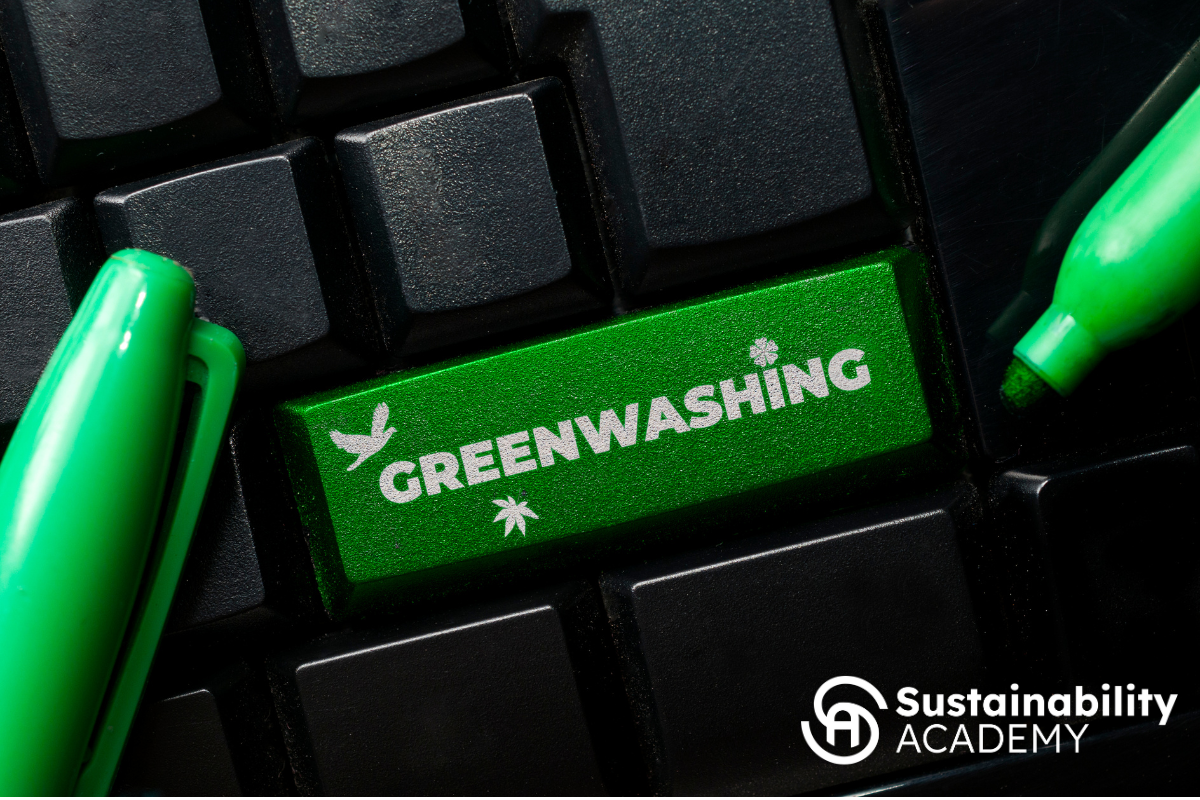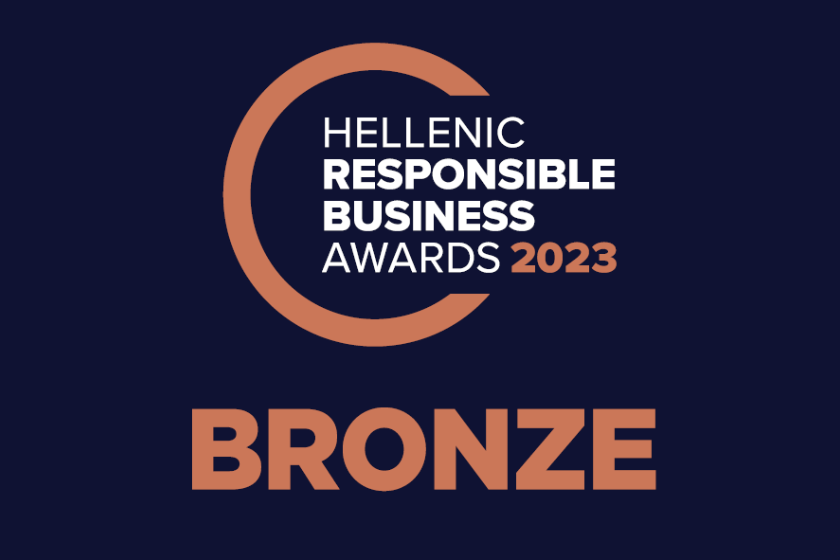Global sustainability reporting standards are progressing at a rapid stage.
Frameworks and disclosure requirements, which have long caused a complex and confusing overlapping, took a big leap forward in 2023 with the ISSB and the ESRS standards.
These standards are crucial because not only do they represent a simplified sustainability reporting landscape, but also increase transparency and trust with stakeholders. Both of them will come into effect in 2024 and entities should adjust their reporting process accordingly.
IFRS – International Sustainability Standards Board
The ISSB has worked collaboratively with the Task Force on Climate-Related Financial Disclosures (TCFD). ISSB’s main objective is to create a global baseline of climate and sustainability-related risk disclosure for companies and their investors.
IFRS S1 and IFRS S2 were launched in June 2023 and will be applied for annual reports starting in January 2024.
European Sustainability Reporting Standards (ESRS)
The European Commission adopted the ESRS standards in July 2023 to ensure that corporate sustainability reporting within the EU becomes reliable. The ESRS is made up of 12 standards, divided into four reporting categories: general, environmental, social, and governance.
All companies covered by the CSRD will be required to align their corporate sustainability reporting according to them with an effective date of January 1st, 2024.
The European Commission has already announced that ISSB and EFRAG are working together to maximize the interoperability of their standards and they have confirmed high degree of climate-disclosure alignment. However, despite the high level of convergence between them, there are still some key distinctions that can be found below.
Reporting entities:
The ISSB is a global reference point for disclosure, while ESRS is mandatory within the European market and defines the rules of the Corporate Sustainability Reporting Directive (CSRD). The ISSB has voluntary adoption by entities unless any jurisdiction decides to make these standards mandatory. Companies choose to disclose, regardless of their size, location, industry, or listing status.
Furthermore, ISSB are considered more investment-oriented standards than ESRS. The ESRS addresses a boarder group of stakeholders, including customers, suppliers, regulators etc.
Materiality approach:
While the ISSB standards are restricted to financial materiality, the ESRS standards base the materiality assessment on the concept of double materiality. Double materiality could be considered as the union of impact materiality and financial materiality. The IFRS makes it easier for companies to disclose, as they are dependent on the outcome of the assessment. The ESRS goes beyond the assessment outcomes and requires a list of mandatory data, mapping the full impact of the company’s performance.
Assurance:
Another key difference of the standards is the level of assurance required. Companies that disclose according to the ESRS need to be prepared to be subject to assurance by an independent third party. On the other hand, external assurance plays a key role in enhancing trust and confidence as defined by the ISSB but is not mandatory. The standards consider possible challenges and complexities for the assurance process.
Update your knowledge on the ISSB and the ESRS reporting standards
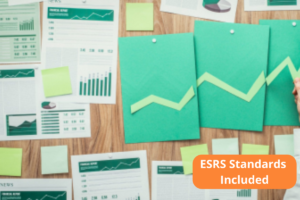

Learn more about the ISSB and the ESRS standards by enrolling to the recently updated Online Certificate on Sustainability (ESG) Reporting and Online Certificate on SASB & TCFD Reporting certified courses.
Group registrations allow you to attend our certified courses as a team at the same time. Our group courses are created to tackle present-day problems as well as prepare your company for the future.
Discounts can be applied to a group that registers either to the same course or in a combination of courses. Request more information at [email protected].
Why choose Sustainability Academy Certified Courses?
- Offer a unique Certification accredited by CPD in an affordable manner trusted by global Fortune 500 companies and global accounting firms for their staff education
- Content created by Sustainability thought leaders, professors and trainers with practical experience in the field of sustainability
- Self-paced Courses that can be completed anytime within 45 days
- Up-to-date content revised on annual basis that includes new legislations and trends based in field research
- Joined by thousands of learners from 90 countries, including Sustainability professionals, graduates and entrepreneurs from various sectors


